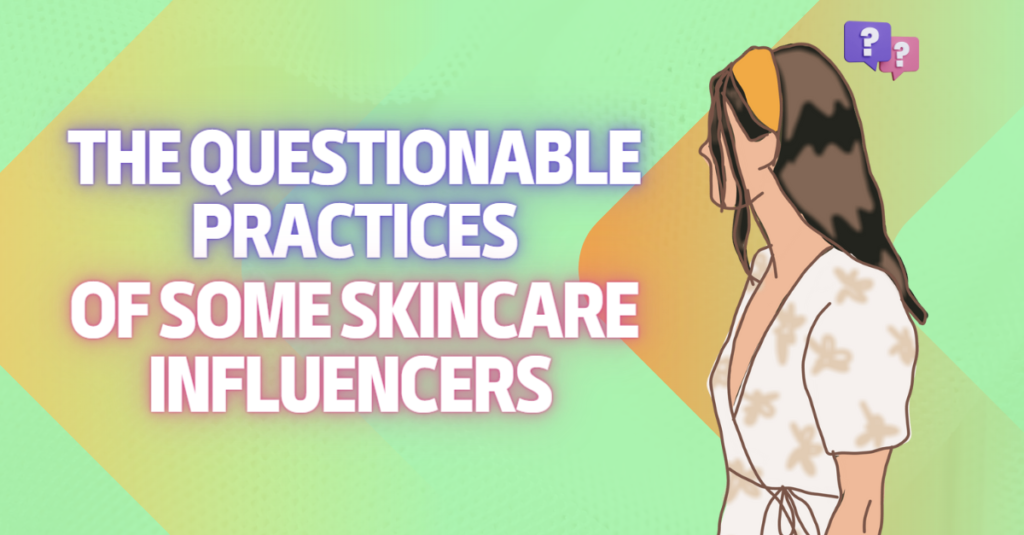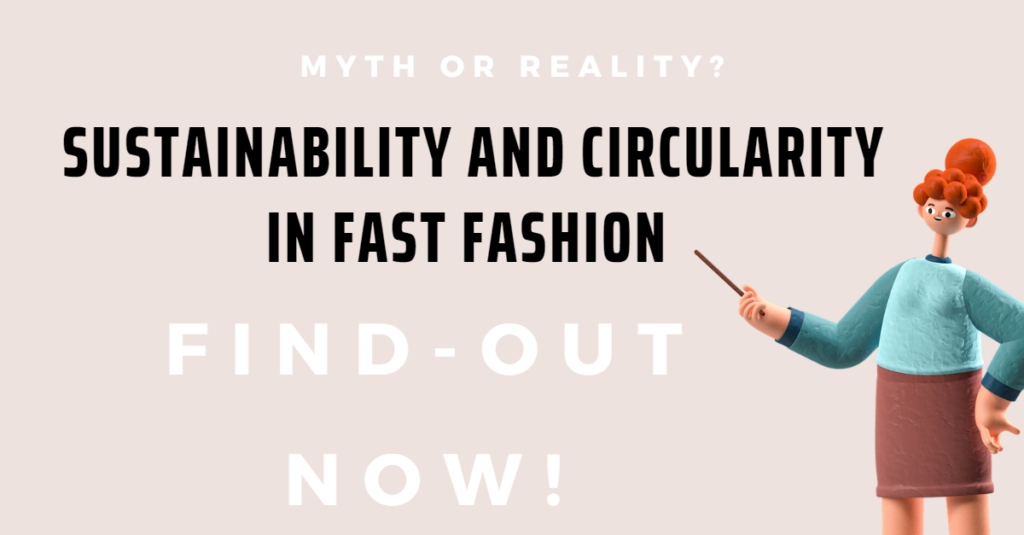The Questionable Practices Of Some Skincare Influencers
Skincare influencers have taken social media by storm. With millions of followers, these influencers have become the new authorities on all things beauty. Their glowing skin and seemingly perfect complexion have captivated audiences worldwide. However, there is a darker side to this phenomenon. The questionable practices of some skincare influencers have raised concerns about their credibility and their priorities. In this article, we will explore these issues and the impact they have on the industry and the consumers.
The Rise of Skincare Influencers
Skincare influencers are people who have built a significant following on social media platforms by sharing their skincare routines, product recommendations, and advice. They have become the go-to source for skincare information, replacing traditional beauty magazines and blogs. These influencers often have a personal connection with their followers and are seen as friends or trusted advisors.
The rise of skincare influencers is attributed to the democratization of beauty content. In the past, only a select few beauty experts had the power to shape public opinion. However, social media has given everyone a platform to share their opinions and experiences. This has allowed influencers to gain credibility and trust with their followers, who see them as relatable and authentic.
The Impact of Skincare Influencers
The impact of skincare influencers on the beauty industry cannot be understated. They have changed the way people consume and purchase skincare products. In fact, a study by Google found that 60% of beauty consumers turn to YouTube for product recommendations. This has made it easier for consumers to discover new products and make informed decisions about what they buy.
Skincare influencers have also challenged traditional beauty standards. They have promoted inclusivity and body positivity, celebrating all skin types and colors. This has helped to create a more diverse and inclusive beauty industry, which is more representative of the consumers it serves.
However, the rise of skincare influencers has not been without controversy. Some influencers have been accused of promoting unproven products, hiding sponsored content, and providing dangerous or harmful advice.
The Questionable Practices of Skincare Influencers
- Promoting Unproven Products
One of the biggest concerns with skincare influencers is their promotion of unproven products. Many influencers have partnerships with skincare brands, and they often promote these products to their followers. However, these products are not always backed by scientific research and may not be effective or safe.
Some influencers have been accused of promoting products that contain harmful ingredients or that are not suitable for all skin types. For example, some influencers have recommended using lemon juice as a natural skin brightener. However, lemon juice is highly acidic and can cause skin irritation, especially in people with sensitive skin.
- Hiding Sponsored Content
Another issue with skincare influencers is their tendency to hide sponsored content. Influencers are required by law to disclose any sponsored content, including sponsored posts and affiliate links. However, some influencers fail to do so, leading to accusations of dishonesty and deception.
In some cases, influencers may also promote products that they have not used or that they do not believe in, simply because they are being paid to do so. This can erode the trust between influencers and their followers and can have a detrimental impact on the industry as a whole.
- Providing Dangerous or Harmful Advice
Perhaps the most concerning issue with skincare influencers is their tendency to provide dangerous or harmful advice. Many influencers do not have any formal training in dermatology or cosmetology, yet they provide skincare advice to their followers.
This can lead to advice that is incorrect or that can have adverse effects on their followers’ skin. For example, some influencers have recommended using toothpaste as a spot treatment for acne. However, toothpaste can be harsh on the skin and can cause irritation or even chemical burns.
Moreover, some influencers have promoted practices such as skin needling, which involves using a roller with tiny needles to puncture the skin. This practice is not only painful but can also cause scarring and infection if not done properly. Despite the potential risks, some influencers continue to promote this practice to their followers.
The Impact of Questionable Practices on Consumers
The questionable practices of some skincare influencers can have a significant impact on consumers. Consumers who follow the advice of influencers without doing their own research may end up using products that are ineffective or harmful. They may also spend money on products that are not worth the investment.
Moreover, the constant promotion of new products and techniques by influencers can create a sense of FOMO (fear of missing out) among consumers. This can lead to overconsumption and overspending on skincare products, which can be financially and environmentally unsustainable.
The Impact of Questionable Practices on the Industry
The questionable practices of some skincare influencers can also have an impact on the industry as a whole. It can erode the trust between influencers and their followers, leading to a loss of credibility and influence. It can also create a sense of skepticism among consumers, who may become less likely to trust beauty brands and influencers.
Moreover, the promotion of unproven products and harmful practices can damage the reputation of the skincare industry. This can have a negative impact on the industry’s growth and profitability, as consumers become more wary of purchasing skincare products.
What Can Consumers Do?
Consumers can take steps to protect themselves from the questionable practices of skincare influencers. The first step is to do their own research and not rely solely on the advice of influencers. Consumers should read product reviews, research the ingredients in skincare products, and consult with a dermatologist or other skincare professional if they have concerns.
Consumers should also be wary of influencers who promote products excessively or who do not disclose sponsored content. They should look for influencers who are transparent and who prioritize their followers’ well-being over their own profits.
Finally, consumers should be cautious when it comes to trying new skincare practices. They should research the practice thoroughly and consult with a skincare professional before trying anything new.
What Can the Industry Do?
The skincare industry can also take steps to address the questionable practices of some skincare influencers. Brands can work with influencers who prioritize transparency and who are committed to promoting safe and effective skincare products.
Moreover, the industry can invest in education and training for skincare professionals, including influencers. This can help to ensure that influencers have the knowledge and skills necessary to provide accurate and safe skincare advice to their followers.
Conclusion
Skincare influencers have had a significant impact on the beauty industry, but their questionable practices have raised concerns about their credibility and their priorities. Consumers can protect themselves by doing their own research and being wary of influencers who promote unproven products or harmful practices. The industry can also take steps to address these issues by working with influencers who prioritize transparency and investing in education and training for skincare professionals. Ultimately, it is up to both consumers and the industry to ensure that the skincare industry remains safe, effective, and trustworthy.

My name is Rohit Vagh and I’m a content writer specializing in fashion and lifestyle. I have three years of experience in this field and have written various articles. My writing style is creative and engaging, and I strive to create content that resonates with my readers. I have a deep passion for fashion and am constantly researching the latest trends and styles to make sure my readers are up to date. I’m excited to continue my career in blogging, and I’m always looking for new opportunities in the fashion and lifestyle space.





